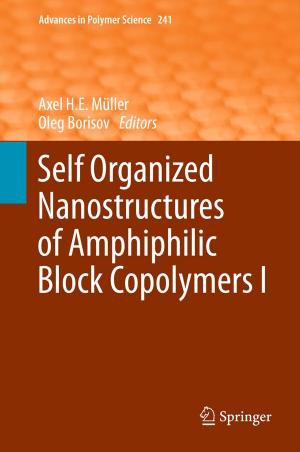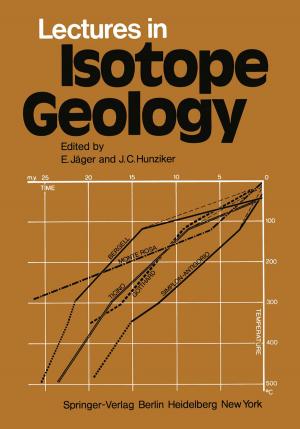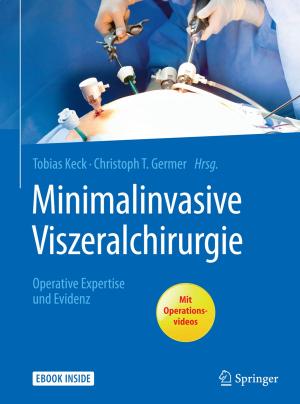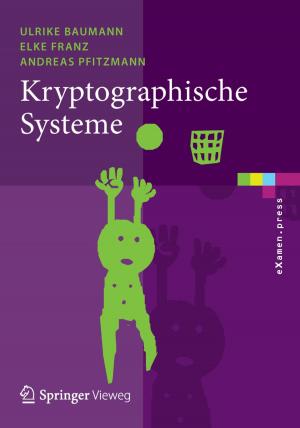Scientific Workflows
Programming, Optimization, and Synthesis with ASKALON and AWDL
Nonfiction, Computers, Advanced Computing, Programming, Expert Systems, Information Technology, General Computing| Author: | Jun Qin, Thomas Fahringer | ISBN: | 9783642307157 |
| Publisher: | Springer Berlin Heidelberg | Publication: | August 15, 2012 |
| Imprint: | Springer | Language: | English |
| Author: | Jun Qin, Thomas Fahringer |
| ISBN: | 9783642307157 |
| Publisher: | Springer Berlin Heidelberg |
| Publication: | August 15, 2012 |
| Imprint: | Springer |
| Language: | English |
Creating scientific workflow applications is a very challenging task due to the complexity of the distributed computing environments involved, the complex control and data flow requirements of scientific applications, and the lack of high-level languages and tools support. Particularly, sophisticated expertise in distributed computing is commonly required to determine the software entities to perform computations of workflow tasks, the computers on which workflow tasks are to be executed, the actual execution order of workflow tasks, and the data transfer between them.
Qin and Fahringer present a novel workflow language called Abstract Workflow Description Language (AWDL) and the corresponding standards-based, knowledge-enabled tool support, which simplifies the development of scientific workflow applications. AWDL is an XML-based language for describing scientific workflow applications at a high level of abstraction. It is designed in a way that allows users to concentrate on specifying such workflow applications without dealing with either the complexity of distributed computing environments or any specific implementation technology. This research monograph is organized into five parts: overview, programming, optimization, synthesis, and conclusion, and is complemented by an appendix and an extensive reference list.
The topics covered in this book will be of interest to both computer science researchers (e.g. in distributed programming, grid computing, or large-scale scientific applications) and domain scientists who need to apply workflow technologies in their work, as well as engineers who want to develop distributed and high-throughput workflow applications, languages and tools.
Creating scientific workflow applications is a very challenging task due to the complexity of the distributed computing environments involved, the complex control and data flow requirements of scientific applications, and the lack of high-level languages and tools support. Particularly, sophisticated expertise in distributed computing is commonly required to determine the software entities to perform computations of workflow tasks, the computers on which workflow tasks are to be executed, the actual execution order of workflow tasks, and the data transfer between them.
Qin and Fahringer present a novel workflow language called Abstract Workflow Description Language (AWDL) and the corresponding standards-based, knowledge-enabled tool support, which simplifies the development of scientific workflow applications. AWDL is an XML-based language for describing scientific workflow applications at a high level of abstraction. It is designed in a way that allows users to concentrate on specifying such workflow applications without dealing with either the complexity of distributed computing environments or any specific implementation technology. This research monograph is organized into five parts: overview, programming, optimization, synthesis, and conclusion, and is complemented by an appendix and an extensive reference list.
The topics covered in this book will be of interest to both computer science researchers (e.g. in distributed programming, grid computing, or large-scale scientific applications) and domain scientists who need to apply workflow technologies in their work, as well as engineers who want to develop distributed and high-throughput workflow applications, languages and tools.















